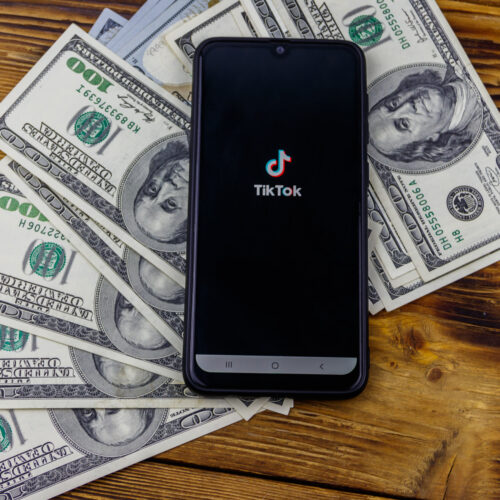Plan participants can choose how to invest their retirement contributions with self-directed 401(k) plans. Conversely, participants have the option of standard 401(k) plans, which have pre-approved portfolios.
Here’s everything you need to know about self-directed 401(k)s so you can determine if they’re suitable for your company.
Self-Directed 401(k) Plans and How They Work
The IRS recognizes self-directed 401(k) retirement plans, such as a standard 401(k). Payroll deduction allows employees to make pre-tax contributions.
A self-directed 401(k) plan is often for employers whose employees desire control over how their retirement dollars are invested. Thus, this plan is an alternative for those confident in their ability to outperform the pros and are willing to stake their retirement assets on it.
A company can allow its employees to invest all or part of their money in funds of their choice. This is done through a brokerage window. Each company can decide whether or not to provide a brokerage window, as well as which investment options are made available.
Employees can pick their own mutual funds, equities, and bonds (k). If a company permits it, one can invest in more alternative assets. Participants can invest in a variety of legal ways, including real estate (residential or commercial), tax liens, private placements, precious metals, energy investments, equipment leasing and foreign currency.
Notably, self-directed 401(k) plans have the same contribution limitations, withdrawal and rollover regulations as standard 401(k) plans.
Plan Rules
It’s important to understand the rules that come with offering and opening a self-directed 401(k). The IRS prohibits certain transactions in self-directed 401(k) plans:
- Any transaction between a self-directed 401(k) owner and a disqualified person (sale, lease, exchange, transfer, or payment).
- Any individual who offers services to the plan or has a financial stake in the plan is ineligible.
- Spouses, parents, grandparents, children, grandchildren, and their spouses are ineligible. One’s account beneficiary, custodian, or administrator, and any corporation in which one directly or indirectly possesses at least 50% of the voting shares, are all ineligible people.
- Participants can’t use their accounts property or other investments to benefit themselves, and one can’t use their accounts real estate as security for a personal loan.
- Participants can’t use their contributions to purchase a rental property and then lease it to their parents. Because one is utilizing their 401(k) assets to benefit ineligible family members, the IRS refers to this as a prohibited transaction.
More information is available at IRS.gov
Plan Risks:
A self-directed 401(k) plan might give employees more control over their retirement funds, but it also has risks.
Investors with self-directed 401(k)s and IRAs may be susceptible to “fraudulent schemes, exorbitant fees, and fluctuating results,” according to the U.S. Securities and Exchange Commission.
Furthermore, it’s no secret that self-directed plans increase liability too. The Employee Retirement Income Security Act (ERISA) requires plan fiduciaries to choose and monitor investments offered to participants with caution. As a result, plan fiduciaries may be in violation of their fiduciary duties if their participants lack the investing acumen, education, and know-how to make wise investment decisions.
To make a self-directed 401(k) function successfully, participants will need a lot of investment experience. Even so, professional fund managers regularly under-perform index funds.
Additionally, the IRS will automatically cancel a participant’s tax-advantaged status if they discover a prohibited transaction within their account. Thus, all contributions to this self-directed 401(k) will become taxable distributions resulting in a significant tax bill for the participant at hand.
Will Your Company Benefit from Self-Directed 401(k) Plans?
While self-directed 401(k) plans may seem to provide increased value for a retirement account, they are NOT for everyone.
Setting up and monitoring these self-directed 401(k) plans is costly for companies. The administrative costs of monitoring loans, early withdrawals, and other operations need a lot of time and money. Self-directed plans also cost employees more to manage. This is especially true if they make frequent trades, let alone losses that may incur due to market fluctuations.
If you would like more information on self-directed plans and alternate retirement plans, please reach out to us here!






